Author(s)
Contents
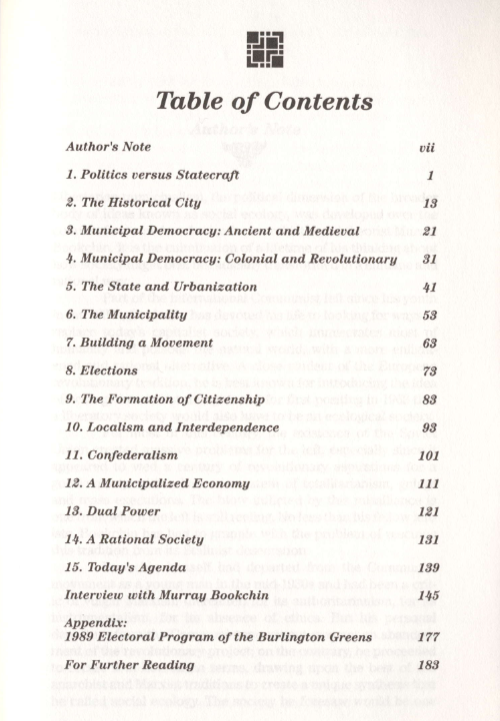
“Libertarian municipalism is one of many political theories that concern themselves with the principles and practices of democracy.
In contrast to most such theories, however, it does not accept the conventional notion that the State and governmental systems typical of Western countries today are truly democracies. On the contrary, it considers them republican States with pretensions of being democratic. Republican States, to be sure, are more “democratic” than other kinds of States, like monarchies and dictatorships, in that they contain various kinds of representative institutions. But they are nonetheless States—overarching structures of domination in which a few people rule over the great majority.
A State, by its very nature, is structurally and professionally separated from the general population—in fact, it is set over and above ordinary men and women. It exercises power over them, making decisions that affect their lives. Its power in the last instance rests on violence, over whose legal use the State has a monopoly, in the form of its armies and police forces. In a structure where power is distributed so unevenly, democracy is impossible. Far from embodying rule by the people, even a republican State is incompatible with popular rule. Libertarian municipalism advances a kind of democracy, by contrast, that is no mere fig leaf for State rule.
The democracy it advances is direct democracy—in which citizens in communities manage their own affairs through face-to-face processes of deliberation and decision-making, rather than have the State do it for them.”
Janet Biehl
Leave a comment below with a valid email adress (it will not be published) to request this book.
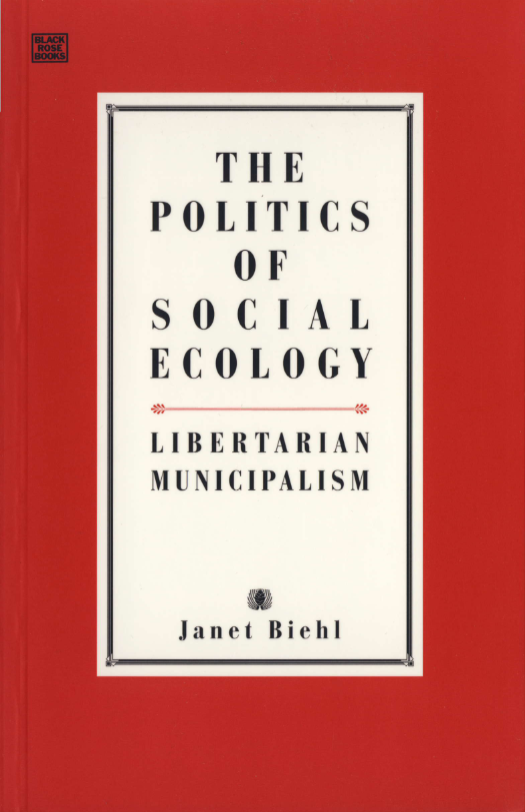
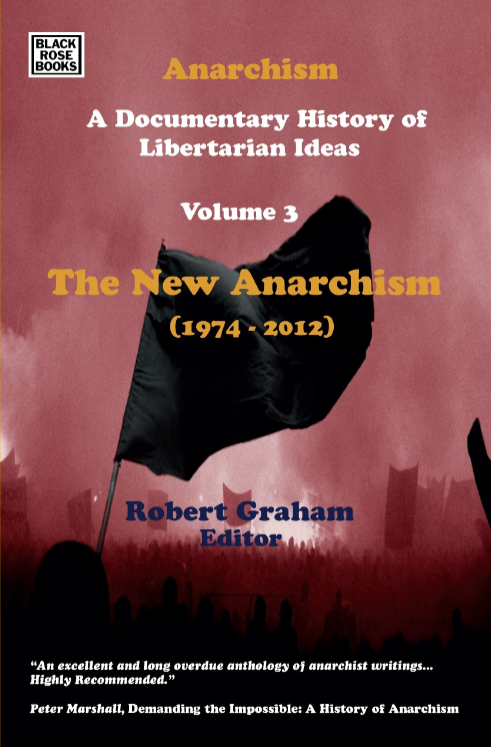
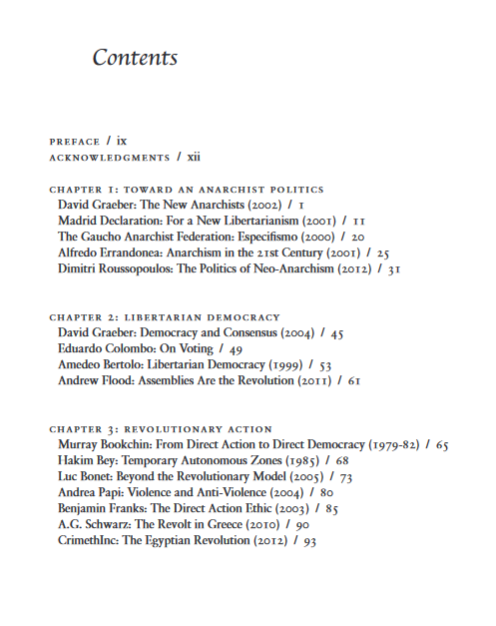
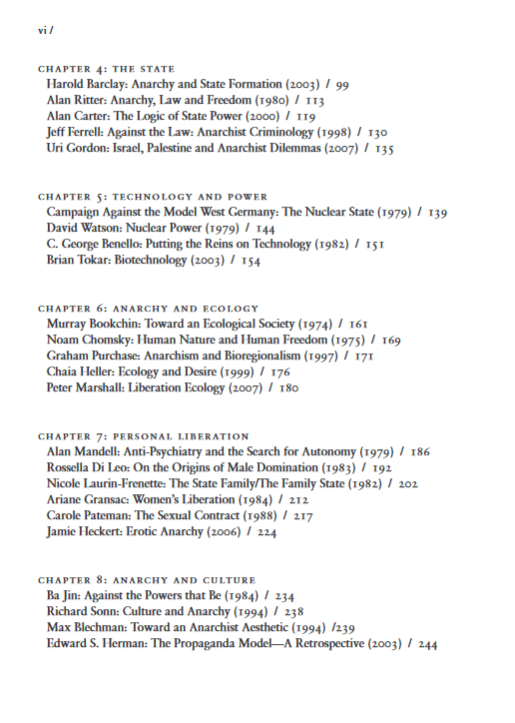
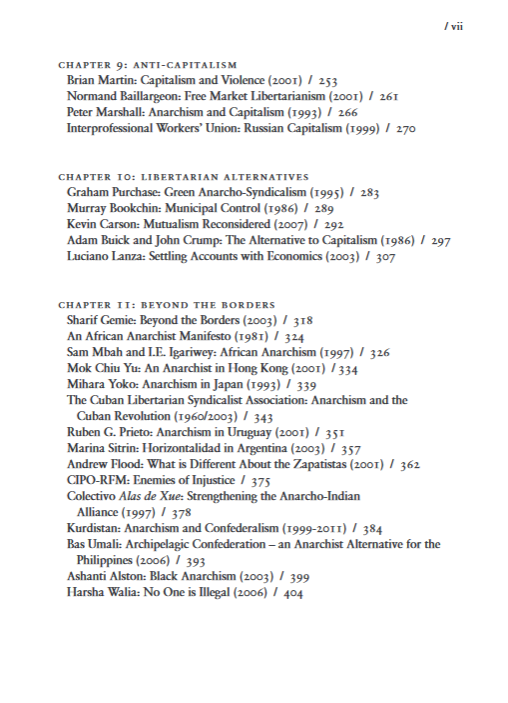
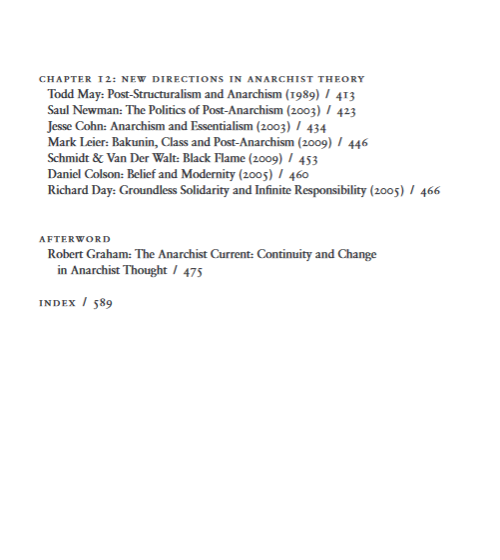
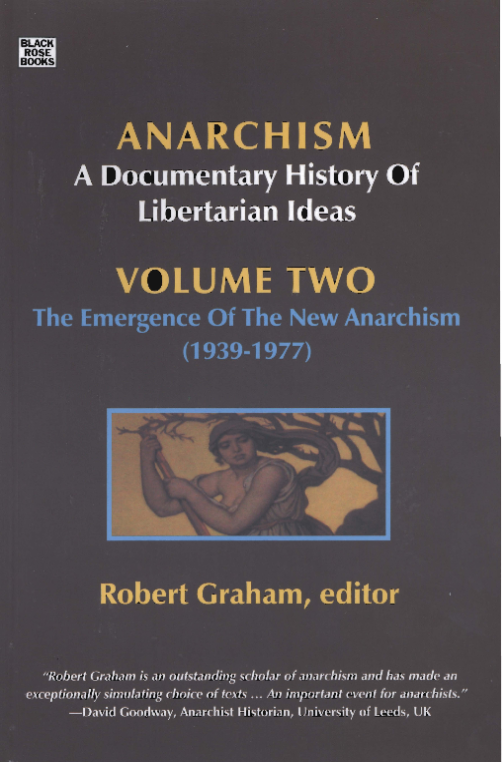
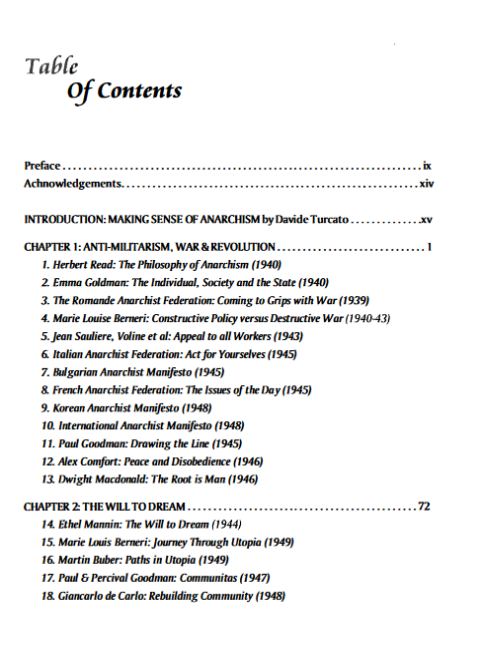
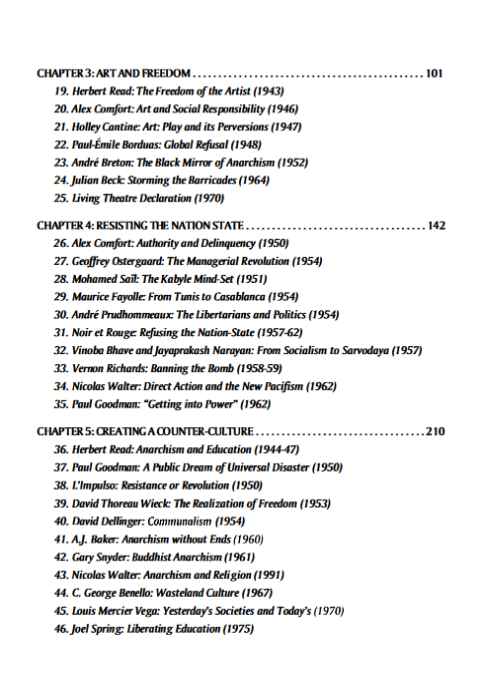
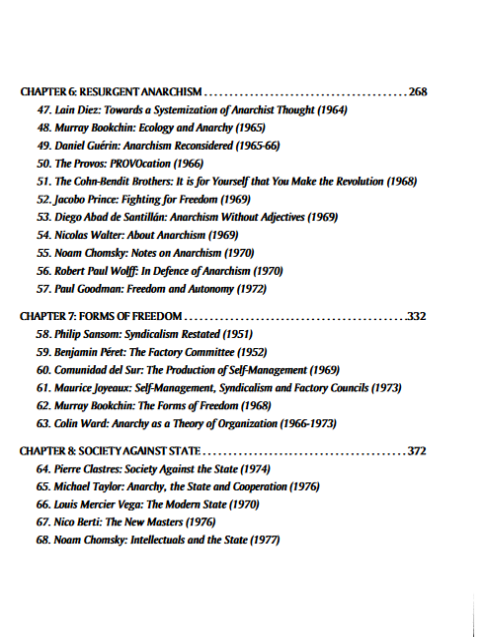
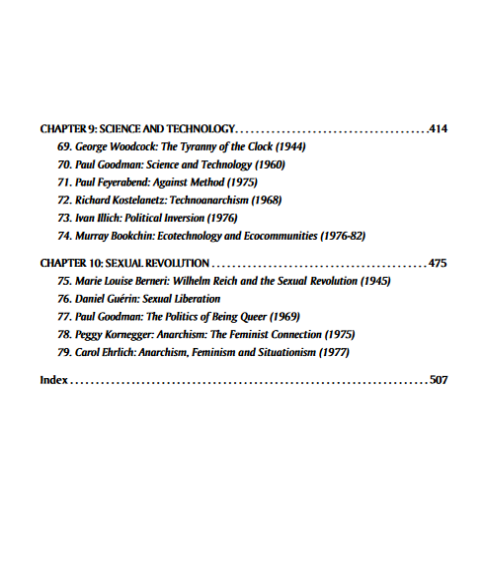
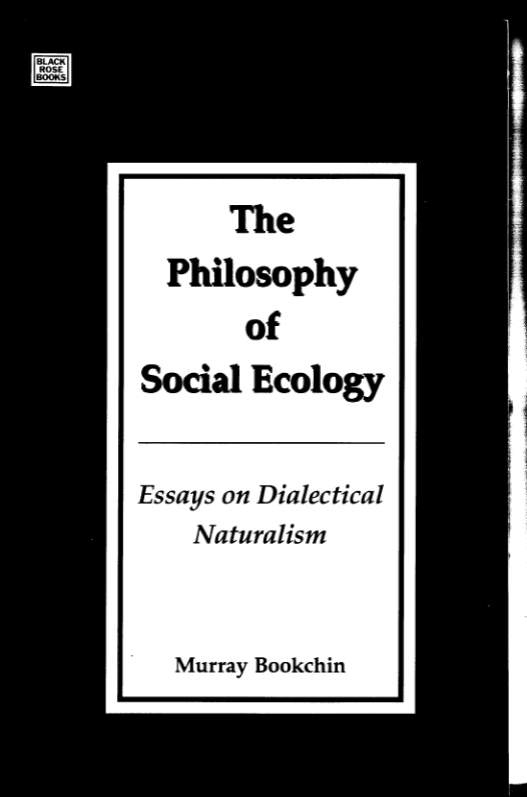
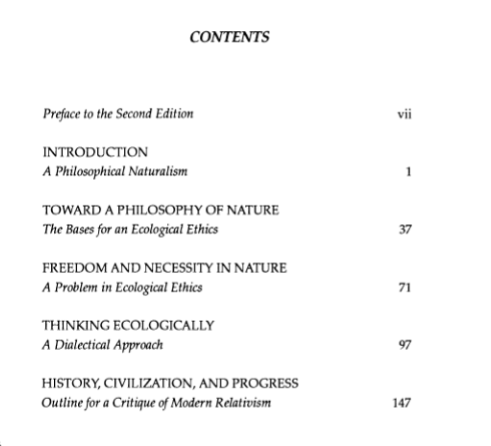
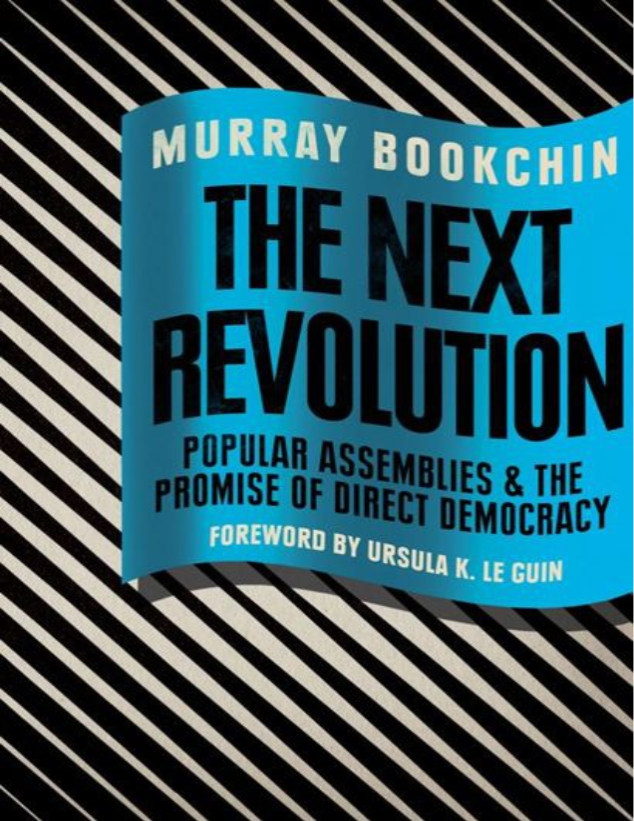
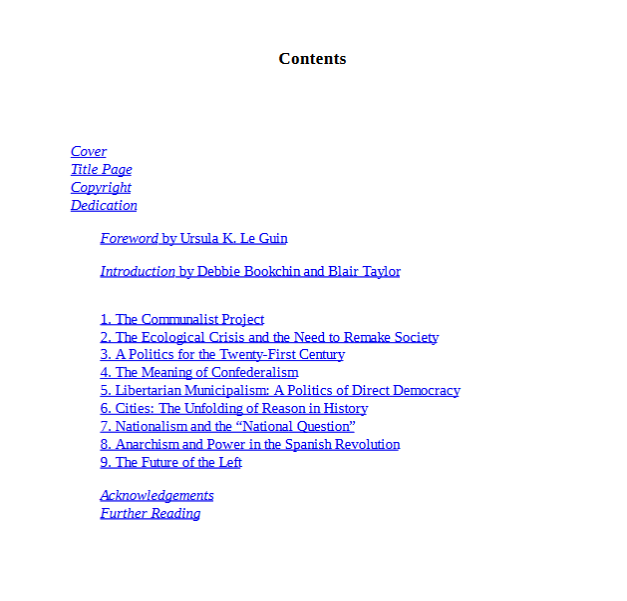
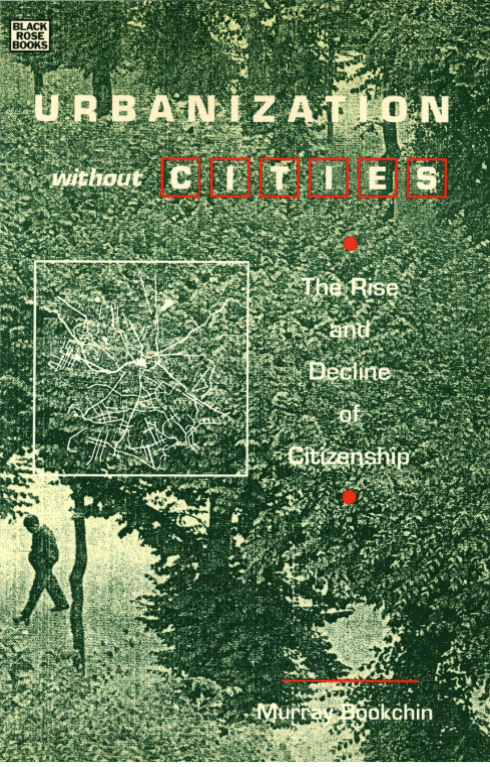
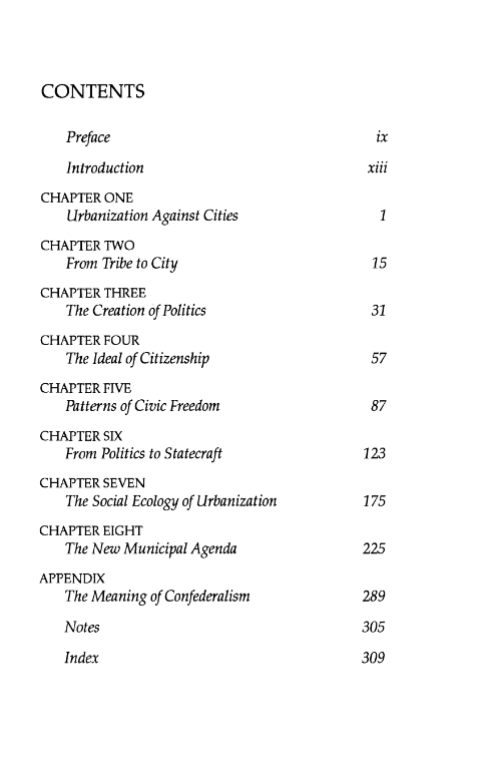
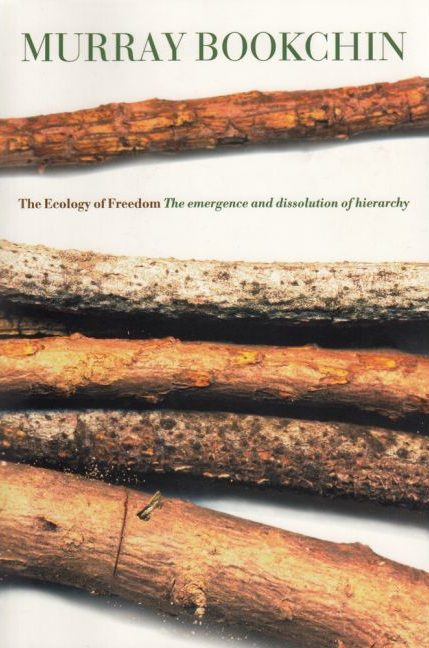
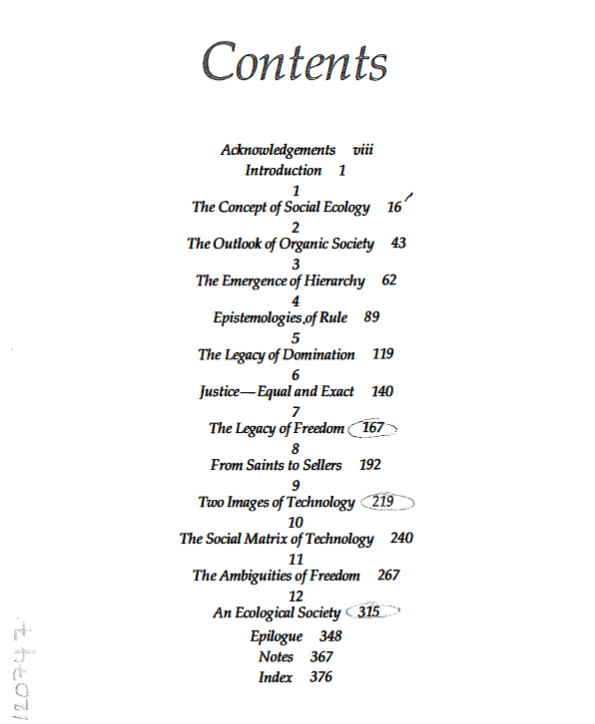
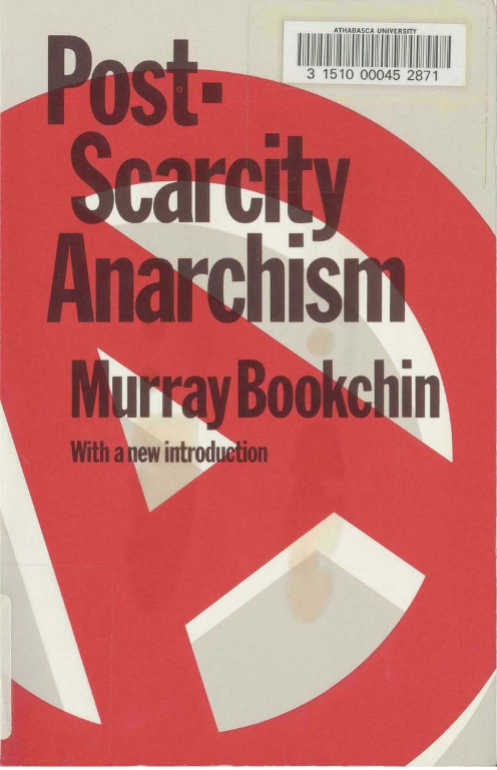
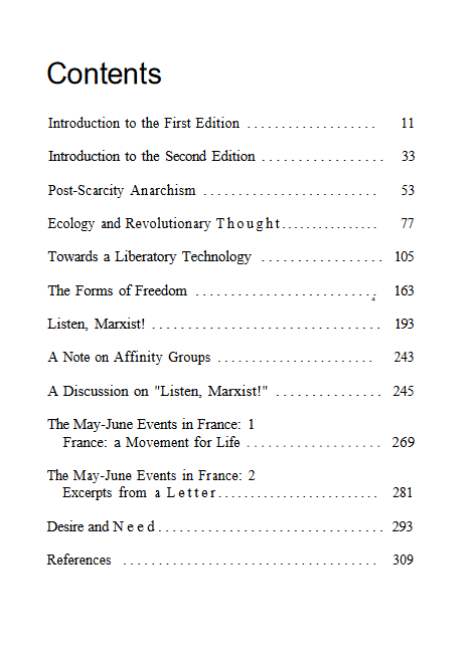
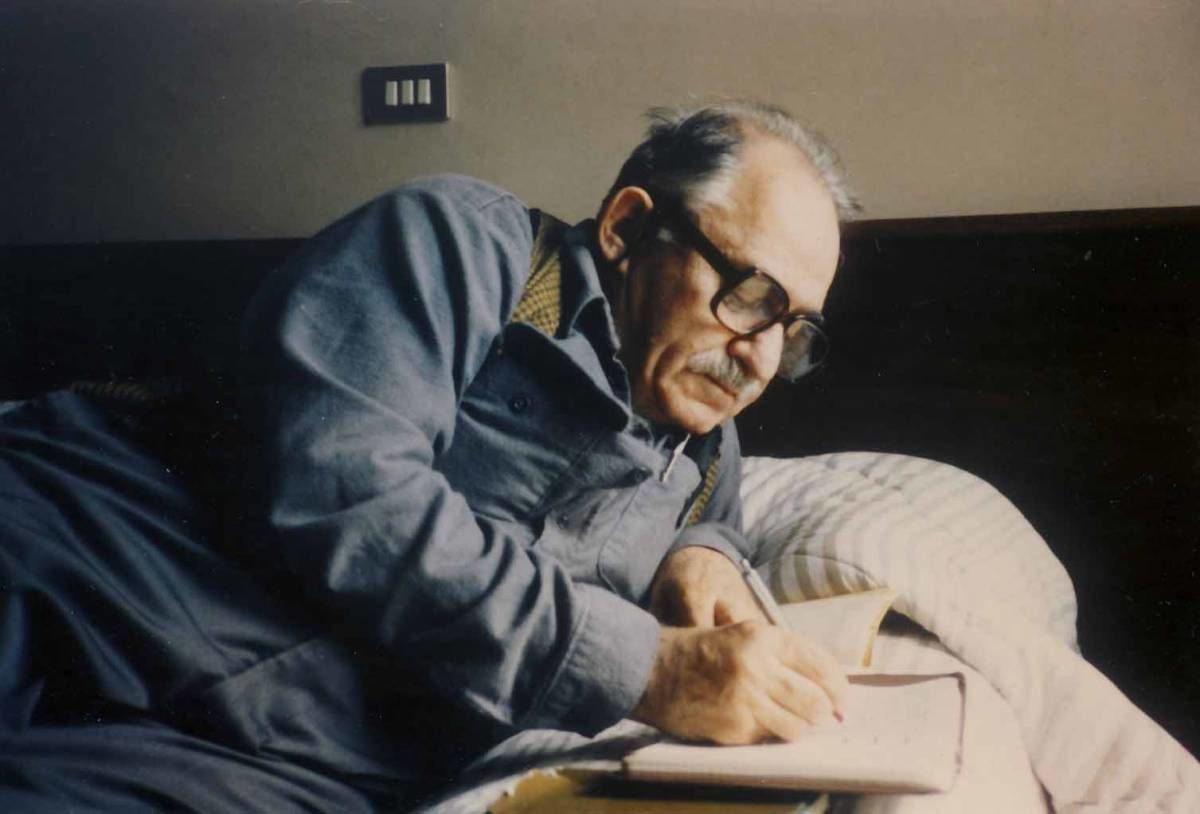
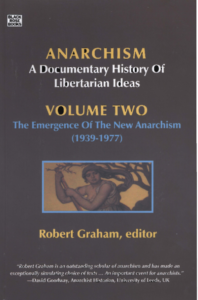 Anarchism - A Documentary History of Libertarian Ideas, Volume 2 (2009)
Anarchism - A Documentary History of Libertarian Ideas, Volume 2 (2009)  Anarchism - A Documentary History of Libertarian Ideas, Volume 3 (2013)
Anarchism - A Documentary History of Libertarian Ideas, Volume 3 (2013) 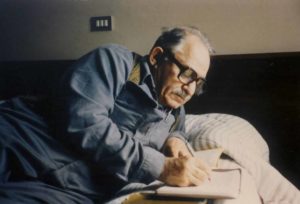 Bookchin, Murray
Bookchin, Murray 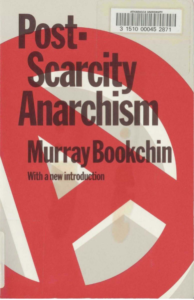 Post-scarcity Anarchism (1971)
Post-scarcity Anarchism (1971) 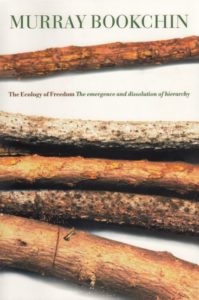 The Ecology of Freedom (1982)
The Ecology of Freedom (1982) 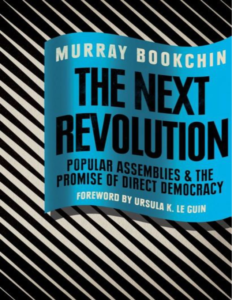 The Next Revolution (2015)
The Next Revolution (2015) 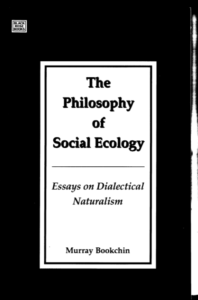 The Philosophy of Social Ecology (1996)
The Philosophy of Social Ecology (1996) 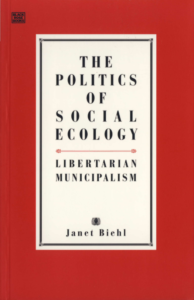 The Politics of Social Ecology : Libertarian Municipalism (1998)
The Politics of Social Ecology : Libertarian Municipalism (1998) 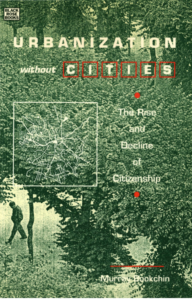 Urbanization without Cities (1992)
Urbanization without Cities (1992)